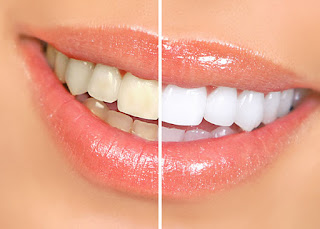Dental implants. The most secure and natural-looking solution for tooth loss is dental implants. Unlike a bridge that requires other natural teeth, implants are surgically placed beneath the gums and secured to the jawbone. As a result, no other teeth are required or impacted by the procedure. The new tooth is simultaneously more secure because of the process of osseointegration. This is where the titanium post and jawbone fuse together to create a new root system that will support your new tooth. This makes it possible to eat all your favorite foods and engage in normal activities without restriction. The only drawback to this when compared with a bridge is that since it is surgical, you can expect a longer recovery time. Simultaneously, osseointegration, while important, takes a few months to complete.
Dental bridges. If you want a solution that is more secure and durable than dentures, dental bridges is a good option. A bridge is used for partial tooth loss when there are natural teeth that are strong enough to support it. To complete the procedure, we make an impression of your mouth and take measurements so the dental lab can make your bridge. To secure it in place, a crown will be placed on the two teeth surrounding your missing one, and these crowns will serve as anchors to secure the bridge. As a result, you will have a semi-permanent tooth replacement that looks natural and functions like a natural tooth.
If you are interested in either dental implants or dental bridges, we are an ideal dentist office to visit. As a cosmetic dentist, we can provide you with both solutions and complete the procedure in a way that restores the form and function of your smile. Both of these solutions will look like natural teeth when we are done. This is not always the case with a dental bridge, so it is important to visit a cosmetic dentist who has the skill to create high-quality prosthetics. Both options will also allow you to eat your favorite foods, etc. The main difference is that implants not only replace your teeth, they improve the health of your jawbone by providing it with much-needed stimulation. To learn more, schedule an appointment.




 If you want to see dramatic improvements to your teeth, try our
If you want to see dramatic improvements to your teeth, try our  For many, the
For many, the  When considering
When considering  As a local
As a local 









